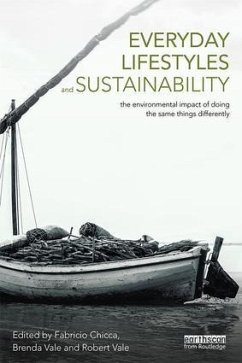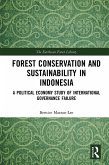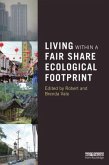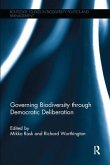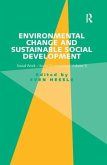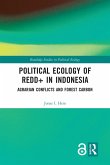The impact of humanity on the earth overshoots the earth's bio-capacity to supply humanity's needs, meaning that people are living off earth's capital rather than its income. However, not all countries are equal and this book explores why apparently similar patterns of daily living can lead to larger and smaller environmental impacts. The contributors describe daily life in many different places in the world and then calculate the environmental impact of these ways of living from the perspective of ecological and carbon footprints. This leads to comparison and discussion of what living within the limits of the planet might mean. Current footprints for countries are derived from national statistics and these hide the variety of impacts made by individual people and the choices they make in their daily lives. This book takes a 'bottom-up' approach by calculating the footprints of daily living. The purpose is to show that small changes in behaviour now could avoid some very challenging problems in the future. Offering a global perspective on the question of sustainable living, this book will be of great interest to anyone with a concern for the future, as well as students and researchers in environmental studies, human geography and development studies.
Bitte wählen Sie Ihr Anliegen aus.
Rechnungen
Retourenschein anfordern
Bestellstatus
Storno

